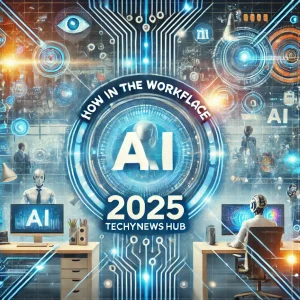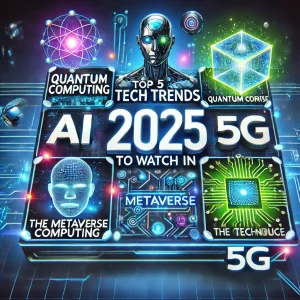
Artificial intelligence (AI) has transitioned from a futuristic concept to a tangible force shaping the world we live in. Over the past decade, advancements in machine learning and data processing have allowed AI to integrate seamlessly into our daily routines, transforming industries and improving efficiency.
Understanding AI and Its Growth
AI refers to the simulation of human intelligence by machines. Its journey began with simple algorithms and has expanded to include deep learning, neural networks, and natural language processing. The development of sophisticated models like OpenAI’s GPT-4 demonstrates the rapid pace at which AI capabilities are growing.
Applications in Healthcare
In the medical field, AI-driven technologies aid in diagnostics, treatment planning, and patient monitoring. For instance, AI algorithms analyze medical images to detect early signs of diseases like cancer. Additionally, wearable devices powered by AI continuously monitor vital signs, alerting patients and doctors about potential health issues.
Revolutionizing Communication
AI tools have enhanced communication by enabling real-time language translation and speech recognition. Virtual assistants like Alexa, Siri, and Google Assistant are examples of AI simplifying our interactions with technology.
Impact on Education
Personalized learning platforms use AI to adapt to individual students’ needs, making education more accessible and effective. From language learning apps to virtual tutors, AI is bridging gaps in the education system.
Future Prospects
AI’s future lies in ethical advancements, focusing on transparency and reducing biases. As AI evolves, it holds the potential to revolutionize industries further, emphasizing the need for responsible development.







